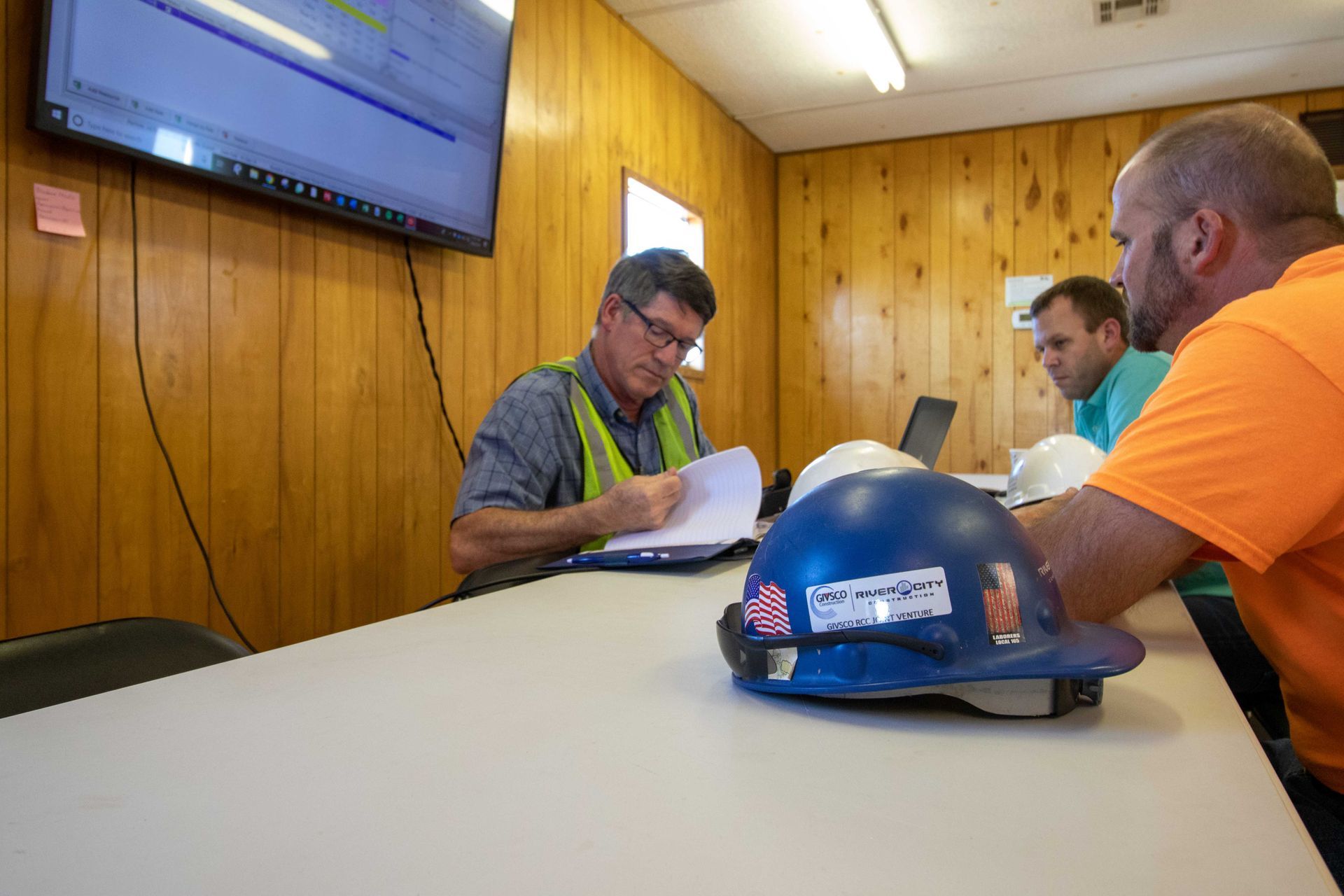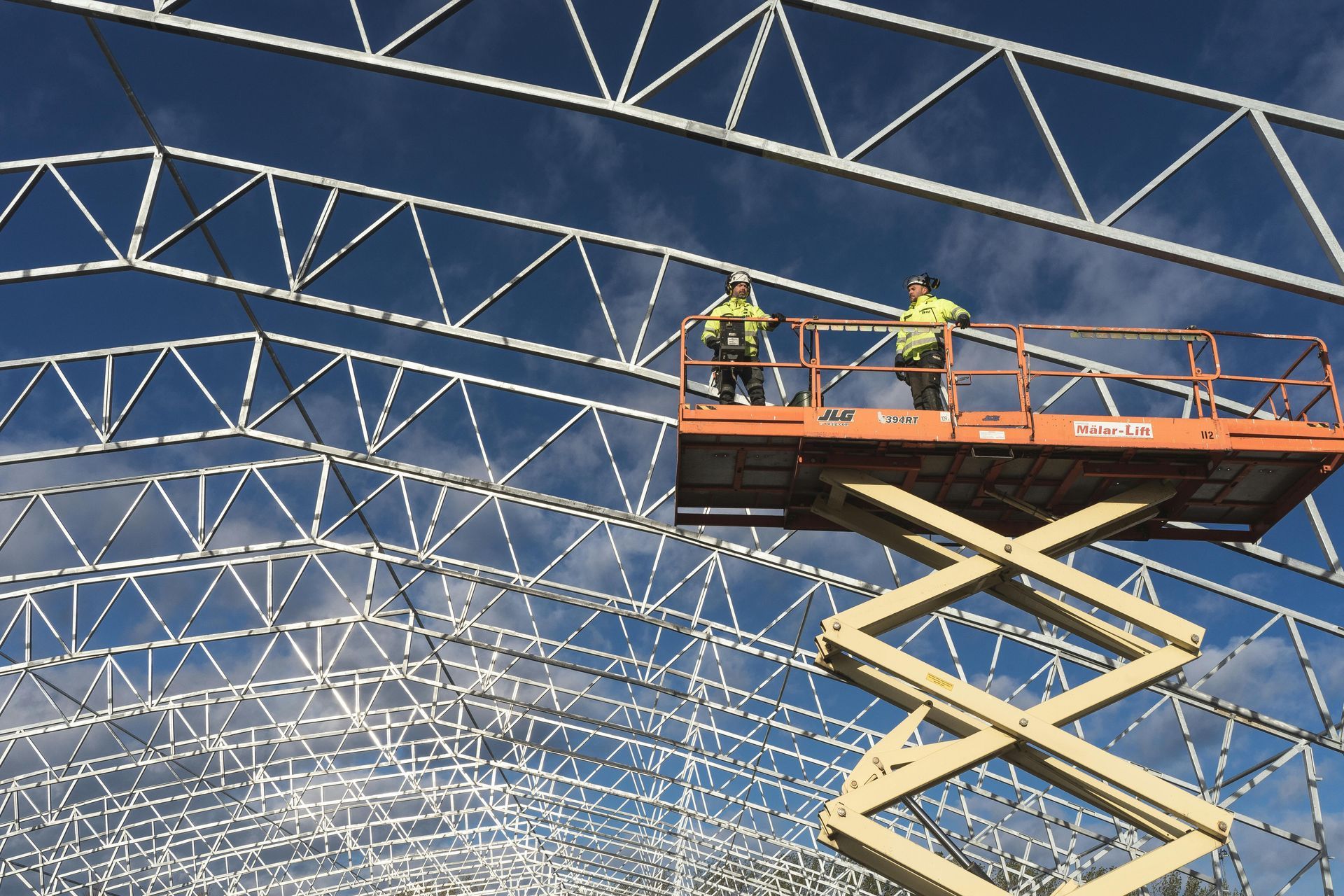Understanding Cash Flow for Construction Contractors
It’s easy to have some kind of idea about the money your construction company takes in, but do you know what to do with it next? Proper cash flow management offers a long list of benefits that will help increase your margins and make business run smoothly and efficiently. Consider trying these strategies to maximize and improve cash flow in and out of your construction business.
Get Strategic with Suppliers
It’s widely known in the construction industry that price fluctuations are seasonal and depend on a handful of other factors like the cost of materials and increased supply or demand. Any price surprises during the construction project can delay timelines, and downtime is the enemy of revenue. Your relationships with vendors and suppliers determine how often these surprises pop up.
Make it a habit to shop around for the best prices now and in the future. Make it clear that you’re getting other bids to drive down prices with some healthy competition. When you do find partners that offer you the best option, nurture that collaboration and even refer other industry peers to those vendors. Some vendors may go so far as to offer price matching to help keep you coming back. Saving money with suppliers adds to cash on hand.

Optimize Invoicing
Don’t drag your feet sending invoices — it stands to reason that the faster you get paid, the better your cash will be flowing. Not only is it important to send invoices on time and consistently, but they also need to be accurate. Create and maintain a regular billing schedule and be clear about these timelines during contract negotiation. When your clients can budget accordingly, you’ll be able to collect without disrupting your own business budget.
Additionally, invoices need to be detailed and include correct information for all parties involved. Speak to your clients about their own accounting needs and what needs to be included in billing documentation. This mitigates the chance that client payment will be delayed due to compliance issues.
Find Other Financing
No matter how well you plan, there’s a chance that you could be facing a cash crunch for a variety of reasons. If you simply don’t have the finances on hand to keep a project moving forward, you could turn to loans. While they may carry interest, they can be a viable option to bridge the gap and maintain working capital.
Leasing equipment instead of buying is another great way to keep your money free instead of depleting reserves investing in a purchase. When the project is over, you don’t have unused machinery sitting around losing value. In between projects, speak to your bank about negotiating a line of credit before any cash flow emergencies come up.
Catch Up on Collecting
Construction professionals are no stranger to delayed or missing payments, and it’s become a regular way of life to see extended amounts of time between billing and collection. Getting proactive with accounts receivables builds a reputation that your construction business appreciates timely payments both coming in and going out.
Keep one person in charge of monitoring AR processes to keep them reliable. Invest in software to track payments and analyze data, which could identify issues before they even happen. The right tech tools will also compile that data in layouts that offer an at-a-glance look at which accounts are in danger of being delayed.

Invest in Scheduling
One of the best ways to improve your cash flow situation is to use scheduling for each and every one of your projects. Critical path methodology scheduling is a sophisticated software tool that assigns time windows to specific, consecutive tasks in order to determine a project’s finish date and to predict how a delay in any one area will affect subsequent areas.
Any major project will have both tasks that need to be accomplished end-to-end and others that can be undertaken simultaneously. Tasks that are interdependent and “critical” must happen in proper sequence; those that can move around without delaying the rest of the project are said to have “total float.” Managing these tasks properly is critical to establishing a realistic on-time and on-budget finish — both of which contribute to working capital and support consistent cash flow.
Growing your construction business and helping it thrive even during a downturn means fully understanding what you can do to keep your cash flow situation under control. When starting a project with TD Wilson, you have the benefit of not only our decades of experience but also our expertise with today’s top CPM software products. Our approach to developing a well-defined project schedule leaves nothing to chance,
let’s talk about your next project.







